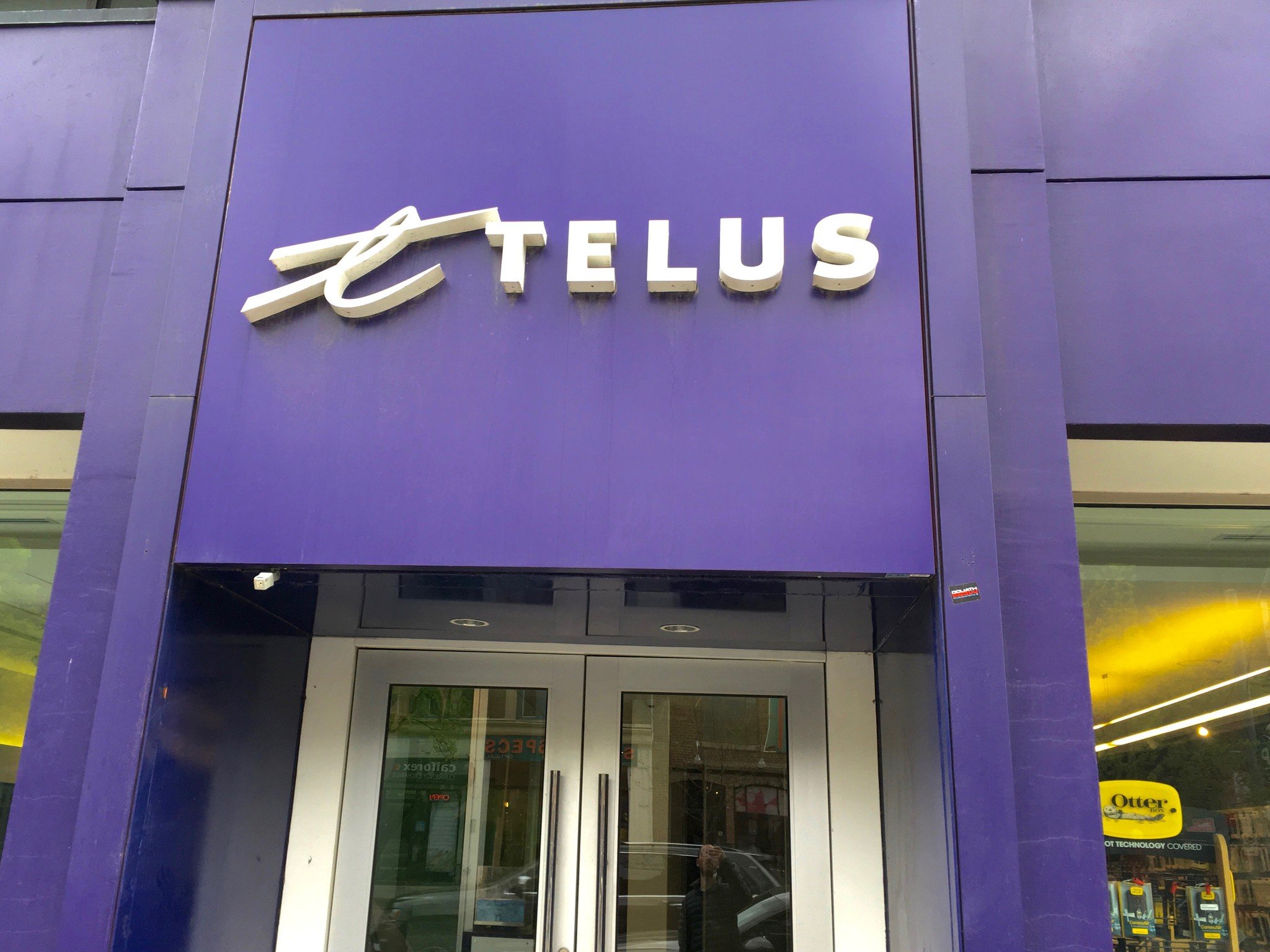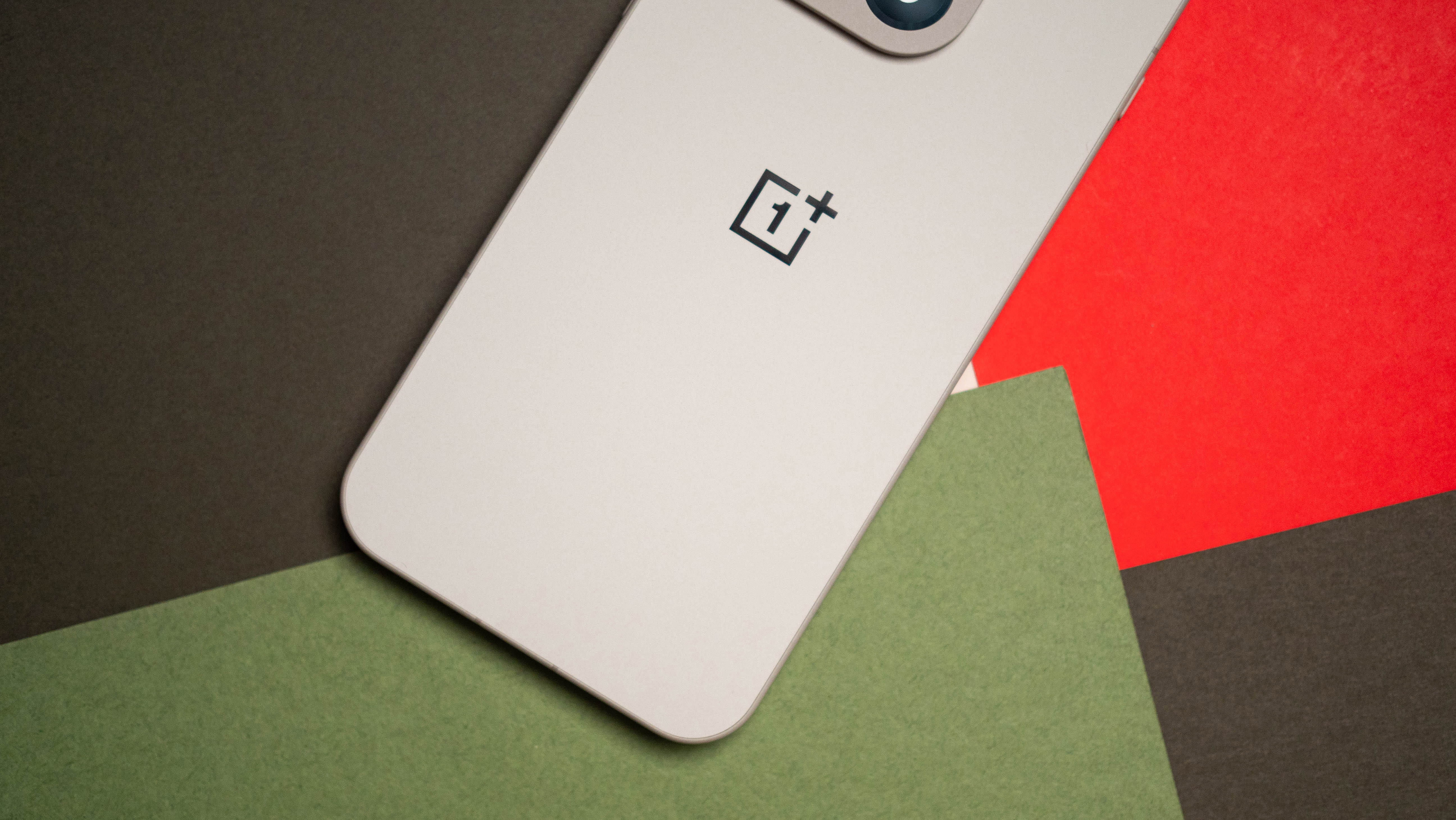Canadian carriers are preparing for 5G, but don't get too excited yet

Canadian carriers are poised to begin tests for next-generation 5G service in the run-up to a public launch in the next five years.
According to The Star, Bell and Telus already have plans to begin 5G trials in their labs, and are working with international telecom standards bodies to finalize the 5G spec, which should happen over the next couple of years. Rogers is sitting tight, but is also eager to begin trials.
Bell, Rogers and Telus are all participating in a global effort to develop operating standards for fifth generation wireless networks, with Bell Canada, the nation's largest telecommunications company, set to begin testing of the emerging architecture.
Unfortunately, 5G technologies are neither finalized nor particularly opaque to the average consumer. At the very least, 5G represents a speed boost over current 4G LTE networks, with a minimum downlink speed of 1Gbps, or roughly ten times faster than the average high-speed wireless network today.
But most trials taking place right now, including those by U.S. carriers AT&T and Verizon, involve wide-band frequencies as high as 28Ghz, which are only currently authorized for fixed wireless usage. Next-generation wireless networks are expected to take advantage of higher-frequency bands than today's LTE varieties since such spectrum can typically carry larger payloads — at the expense of both signal distance and power output.
Wide-band frequencies, including those in the range of microwaves, are expected to be the backbone of 5G service, removing the distinction between today's home Wi-Fi networks and carrier-own cellular networks. But higher-band frequencies require enormous transmission antennas, and huge amounts of power, to travel far distances, which is why such an extensive lead-time is necessary before finalizing the spec.
Back in March, the Ontario government announced a partnership with Chinese hardware maker, Huawei, which has made a number of investments throughout Canada, including R&D offices in both Waterloo and Ottawa. The company's aim is to make Canada a 5G hub, and eventually provide the equipment to carriers once the technology rolls out.
Fifth-generation wireless technology is also less concerned with throughout from a cell tower to one devices, such as a smartphone, but to dozens or even hundreds of low-powered devices, all communicating with one another.
Get the latest news from Android Central, your trusted companion in the world of Android

Daniel Bader was a former Android Central Editor-in-Chief and Executive Editor for iMore and Windows Central.
